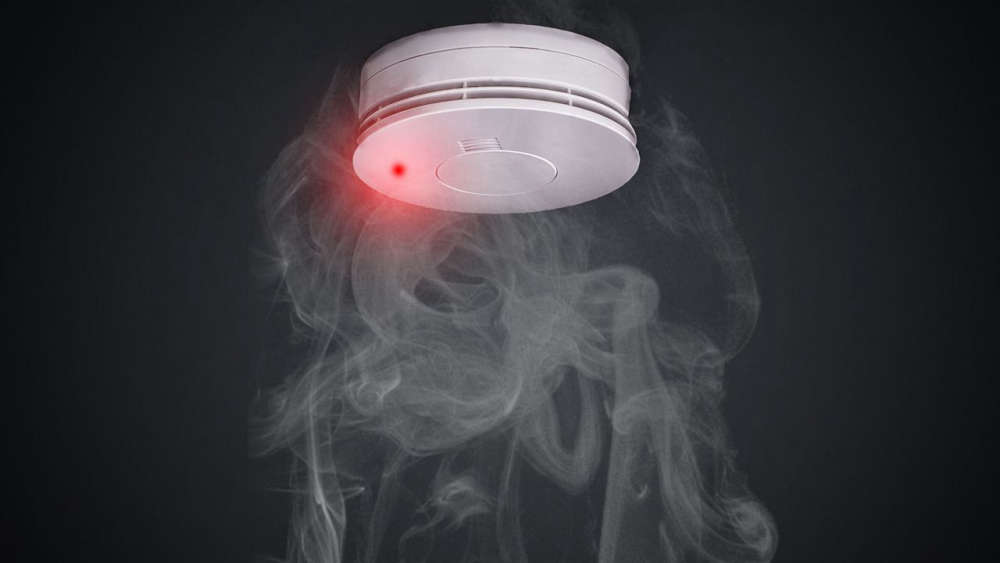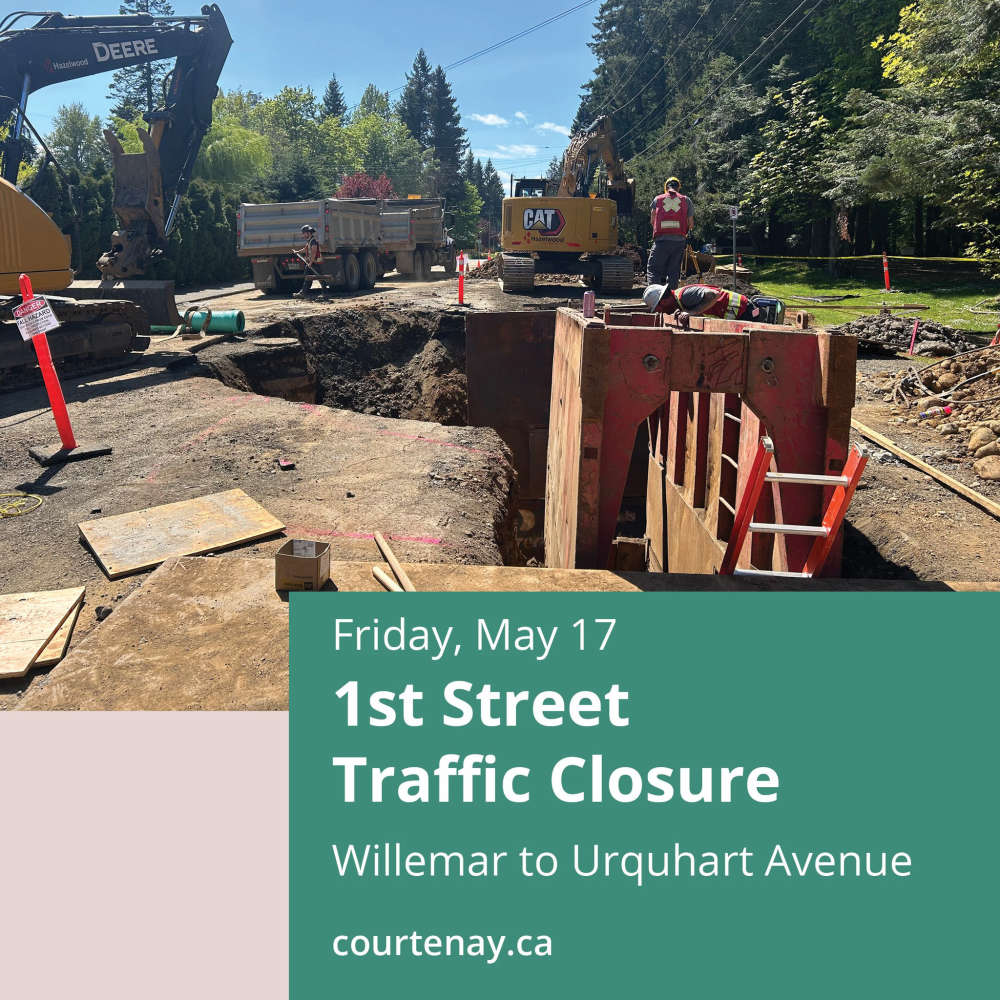
Fire Departments are issuing an important reminder about having working smoke alarms in your home - and recommends replacing smoke alarm batteries each spring or fall with the time change to help you remember.
Clocks will "spring forward" one hour for the start of daylight saving time on March 13.
Having a sufficient number of properly-located, working smoke alarms in accordance with the British Columbia building code will give you the most time to escape a house fire.
“While you’re changing your clocks, please make a point of installing new batteries in your smoke alarms,” says fire chief Thomas Doherty. “Working smoke alarms greatly increase the chances of surviving a house fire. We repeat this message year after year but unfortunately homes with no smoke alarms, or no working smoke alarms, are still a common problem.”
Fire and smoke spread incredibly fast, Doherty adds. “Studies show that you may have as little as one or two minutes to escape a fire, so early detection from a smoke alarm is critical.”
Having a sufficient number of properly-located, working smoke alarms in accordance with the British Columbia Building Code will give you the most time to escape a house fire.
"We recommend having a smoke alarm in every bedroom, outside every sleeping area, and on each floor of your home," Doherty says. "please make regular smoke alarm testing in your home a priority." To keep your smoke alarms working their best, follow the "once-a-month, once-a-year, once-a-decade" rule. Test your smoke alarms at least once a month, replace smoke alarm batteries at least once a year, and replace smoke alarms at least every 10 years.
 Comox Valley RCMP Say Teenager Found Safe, But Seeking 53-Year Old Missing Man
Comox Valley RCMP Say Teenager Found Safe, But Seeking 53-Year Old Missing Man
 Communities To Celebrate Victoria Day This Weekend
Communities To Celebrate Victoria Day This Weekend
 A Lot To Enjoy At The Comox Air Show This Weekend
A Lot To Enjoy At The Comox Air Show This Weekend
 Road Closure On 1st Street In Courtenay Today
Road Closure On 1st Street In Courtenay Today
 Historic Haida Aboriginal Title Legislation Receives Royal Assent
Historic Haida Aboriginal Title Legislation Receives Royal Assent
